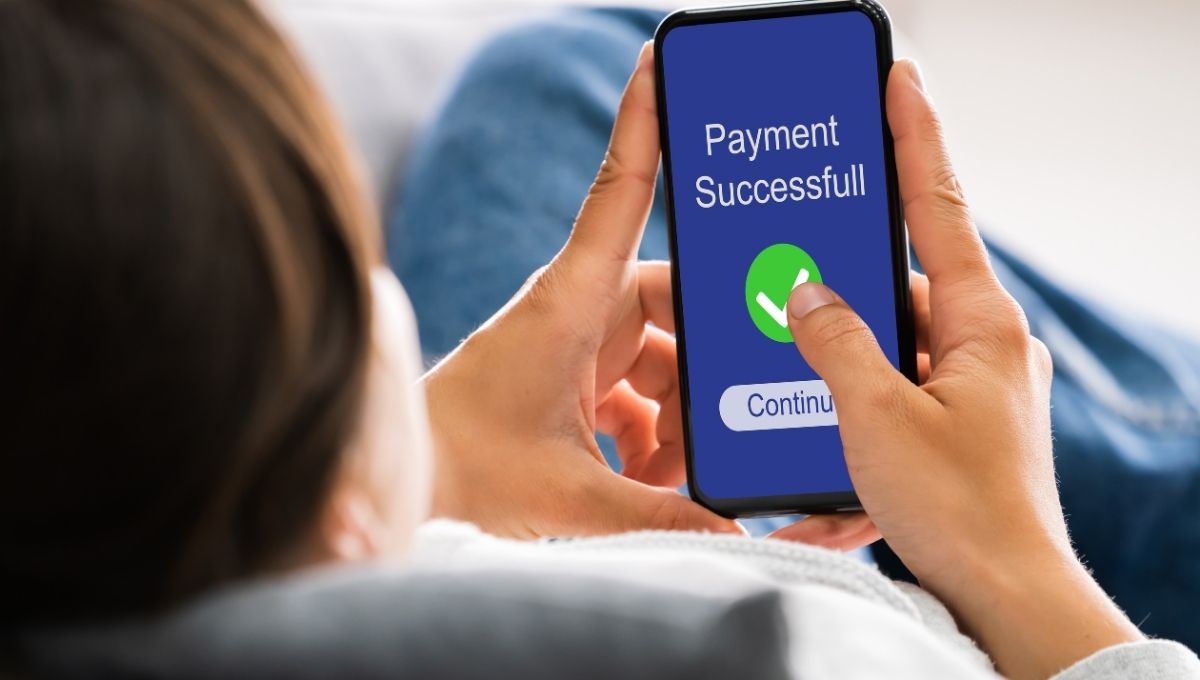Have you ever accidentally sent money to the wrong bank account? With digital payments on the rise, incorrect transfers are becoming more common. But don’t panic yet – you may be able to get your money back.
Verifying The Transaction
The first step is to verify the details of the transaction. Log in to your bank account and check the recipient’s name, account number and IFSC code. If you notice any discrepancies compared to who you intended to transfer the money to, contact your bank immediately.
Automatic Reversal For Non-Existent Accounts
If the account does not exist at all, the transfer will get reversed automatically, says Naveen Kukreja, CEO of Paisabazaar.com.
“If the account number to which you have made the transfer does not exist, the transaction will be automatically reversed. In case of any delay, your bank can help speed up the process,” he told IndiMarket.in.
So if you typed in a wrong account number, you’re likely to get the money back into your account after some time. But keep following up with your bank for an update.
What To Do If Account Number Is Correct, Name Is Wrong
If the account number is valid, but belongs to another person because you entered the wrong name, the situation gets trickier.
Inform your bank about the error and provide evidence that it wasn’t meant for the account holder.
“You have to furnish proof to the bank that you have made an error and transferred it to an unintended beneficiary,” says Kukreja.
The bank will then contact the unintended recipient and request that the amount be returned, given the evidence that it was sent incorrectly.
When Name Of Beneficiary Also Matches
It becomes more difficult if the unintended beneficiary has the same name as the intended recipient.
Kukreja notes that you’ll need to conclusively establish that the transfer was incorrect before the bank can take any action.
“If the money is credited to the account of an unintended beneficiary with the same name as your intended beneficiary, you may need to prove the transfer was wrong before the bank can assist,” he said.
Seeking Consent From The Wrong Beneficiary
When it comes to retrieving the funds, banks generally follow a “wrong recipient’s consent” policy.
“Your bank contacts the wrong recipient’s bank, seeking their consent to return the funds. If the other party agrees, a refund is initiated,” explains Kukreja.
So the unintended recipient has to voluntarily agree to send the money back. If they deny, the bank cannot do much about it.
Last Resort: Legal Action
If the unintended beneficiary is unresponsive or refuses to return the money, your last option may be legal recourse. But it is challenging to retrieve funds via this route.
As Kukreja puts it, “There is very little legal recourse available apart from sending a legal notice to the unintended beneficiary for the return of funds unless you have a written statement from the unintended beneficiary.”
So taking the legal path should be carefully considered based on the specifics of your case. Consult with a lawyer first.
RBI Guidelines On Incorrect Transfers
The Reserve Bank of India (RBI) has clear guidelines when it comes to inaccurate bank transfers.
As per RBI, the onus of providing the correct details, especially the beneficiary’s account number, lies with the person making the transfer.
“Responsibility to provide correct inputs in the payment instructions, particularly the beneficiary account number information, rests with the remitter/originator,” states RBI.
So by rule, you can’t hold the bank responsible if you put in the wrong details. Their role is largely as a facilitator between you and the unintended beneficiary after that.
Key Takeaways
- Contact your bank immediately if you discover an incorrect transfer
- Automatically reversed if the account does not exist
- Need to provide evidence if name is wrong, but account number correct
- Challenging if unintended beneficiary has same name
- Bank seeks consent from recipient to return funds
- Limited legal options available
The bottom line is you have to act swiftly once you discover the error. Follow up persistently with your bank and the unintended beneficiary. While not guaranteed, being proactive gives you the best chance of getting back your hard-earned money.
